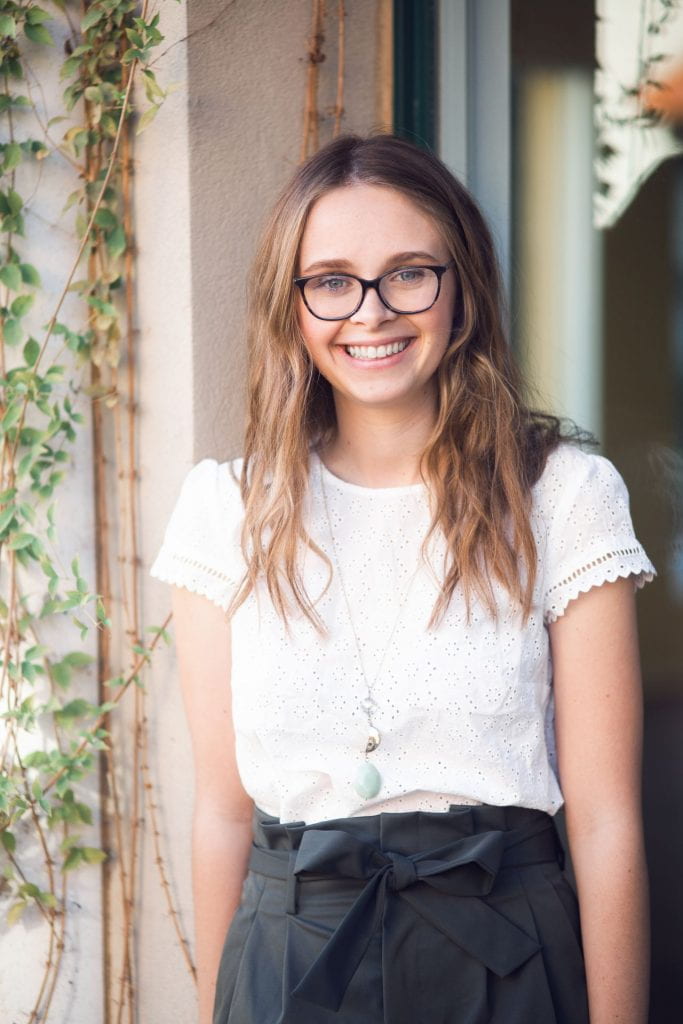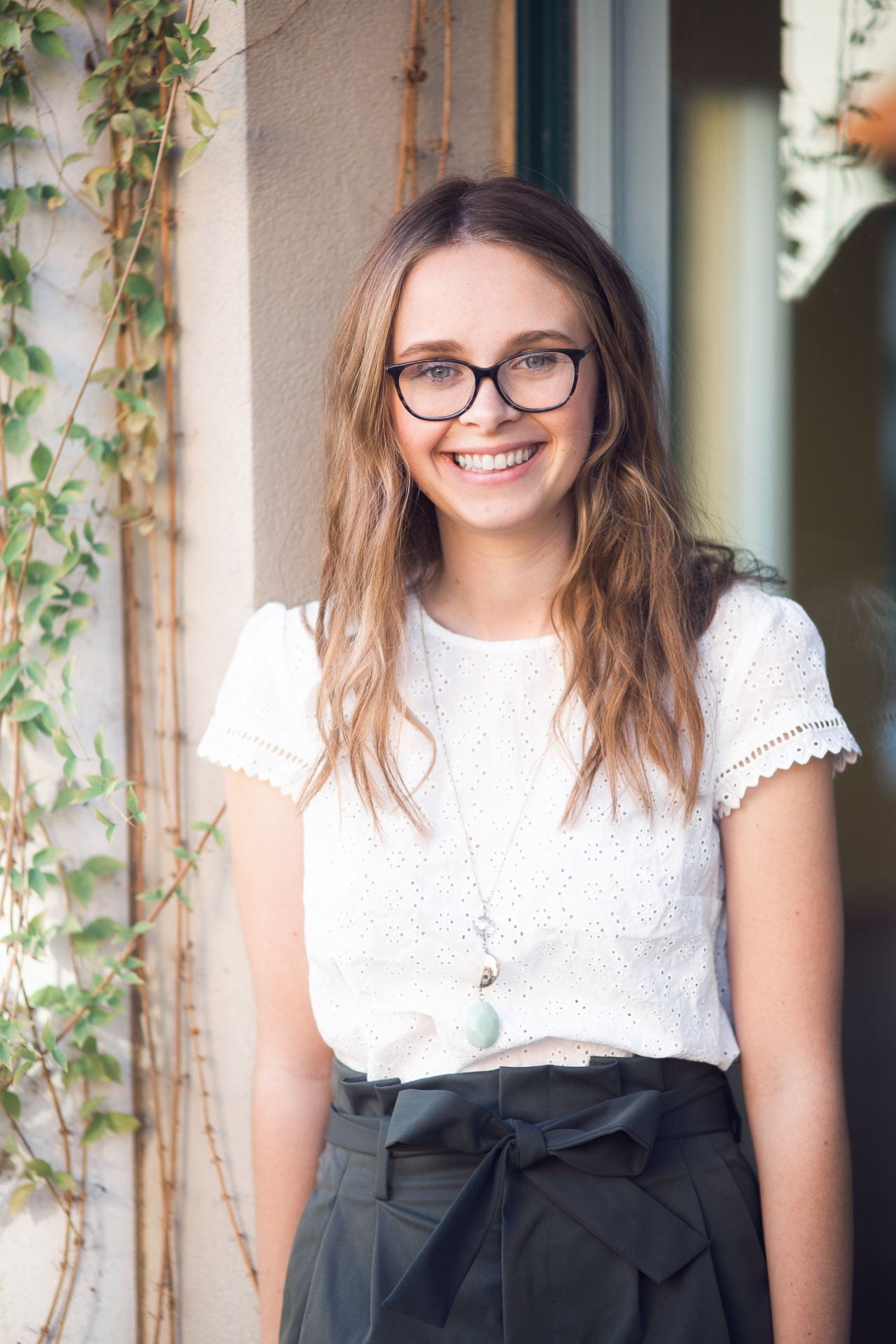
As she gathered with her debate teammates at Atlanta’s Morehouse College, where Martin Luther King Jr. once perused the corridors as a student, George Washington University alumna Hailey Knowles, B.S. ’21, realized her ears would be the best asset that day instead of her voice.
She was a member of the GW Debate and Literary Society competing in the Social Justice Debates between the two schools. The topic centered around police brutality. Knowles, who is white, acknowledged that she hadn’t been personally affected the same way people of color have, so listened carefully to others’ lived experience and learned how to gather evidence and make an argument on behalf of others.
“It really taught me to listen to others and understand a perspective that I’m not familiar with, or I haven’t been personally exposed to,” said Knowles, who graduated from the Elliott School of International Affairs last fall with a degree in international affairs with minors in statistics and Arabic and a concentration in the Middle East. “And that was really valuable for me.”
In today’s world where information is constantly flying around from both verified and unverified sources, it’s as important as ever to critically think and understand multiple perspectives, skills Knowles enhanced during her time at GW.
Her time with the Debate and Literary Society opened the door to all kinds of opportunities, including a fellowship at the French Embassy and trips across the United States and Europe.
She was particularly drawn to the society, which is almost 200 years old, because it emphasizes civic debate as a tool for engagement and service. One example, she said, was discussing food waste in Las Vegas, which happens to be her hometown. In addition to debating, they also toured a food bank to get a better understanding.
“Not only is it a competitive debate, but we also do a lot of interaction with the topics that we’re doing,” she said. “I just really liked that.”
She rode off into the sunset with the team when it won the 2021 EU Delegation’s Schuman Challenge, a foreign affairs contest where U.S. students presented and defended transatlantic policy initiatives before judges such as an EU ambassador, president of German Marshall Fund and a CNN national correspondent.
Knowles believes strong rhetoric is crucial when discussing topics that carry as much societal magnitude as police structure and food inequality. Having that combination of knowledge and communication skills is vital in the art of persuasion. She noted that you can have all the right answers, but if the opposition is tailoring the way it speaks to the judge—or equivalent figurehead—it won’t matter (Think of the first Kennedy/Nixon television debate, where TV viewers declared Kennedy the winner because of his poise on camera while radio viewers gave the nod to Nixon for his content).
Thanks to her experiences with the Debate and Literary Society—coupled with a high inner ambition—Knowles has entered the workforce prepared to make a difference. She currently works at the U.S. Institute of Peace, and she’s grateful for opportunities at GW showing her the importance of learning, understanding and speaking.
“It really helped me learn how important listening is and understanding different sides,” Knowles said. “It’s helped me a lot in not only debate, but also in jobs and everything else.”

